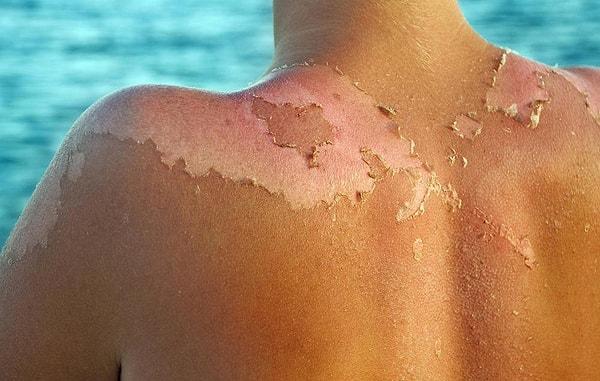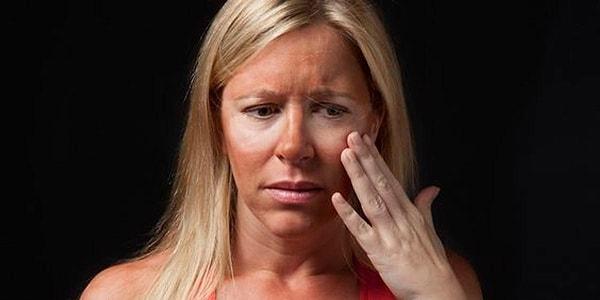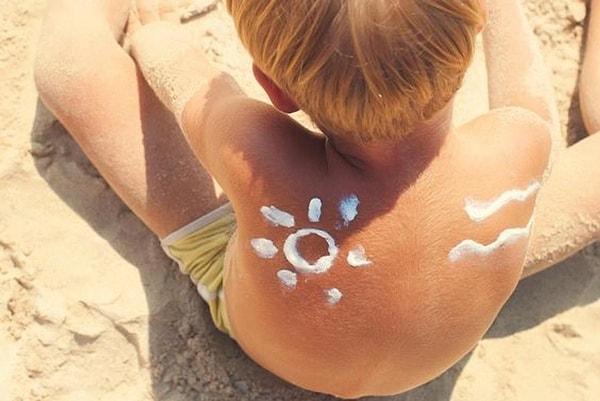How Just One Day of Sunbathing Can Harm Your Immune System
When it comes to your health, it's no secret that burning your body in the sun isn't a good idea. Apart from the risks of sunburn or heatstroke, you could also increase your chances of developing skin cancer. Let's delve into the potential consequences of this situation together.
When it comes to your skin, dermatologists have long warned that there's no safe way to tan, as even a bit of tanning is equivalent to sun damage.

Now, research indicates that basking in the sun's rays can increase your risk of heart disease and hinder your body's immune response.
Scientists from the University of Louisville found that spending just one day in hot weather is enough to increase inflammatory markers in the body.

Inflammation, associated with the risk of heart disease, is a normal part of the body's response to infection or injury.
However, prolonged inflammatory responses lasting weeks or months, especially in healthy tissues, can be damaging and fuel plaque buildup in arteries.

This can lead to atherosclerosis, thickening or hardening of arteries that increases the risk of heart attacks and strokes.
The research, presented at the American Heart Association's Epidemiology, Prevention, Lifestyle, and Cardiometabolic Health conference in Chicago, has not yet been published in a scientific journal.

Dr. Daniel Riggs, an epidemiologist and environmental medicine professor, led the team that examined blood samples from 624 participants as part of the Louisville Green Heart Project, investigating how greening neighborhoods could improve air quality and reduce heart diseases.
Researchers specifically looked at levels of key compounds like cytokines (molecules that can trigger inflammation) released by the immune system when it detects injury.

Cytokines and immune cells were used to gauge how much the body ramped up its defenses in response to a perceived threat.
The results showed a connection between increased levels of various cytokines and hot weather.

Dr. Riggs noted that hot weather was associated with higher levels of white blood cells known as monocytes and killer T cells, indicating that heat might trigger inflammation or an immune response.
It's already known that people, especially those who are older or have existing cardiovascular diseases, are at risk of heat-related cardiovascular events and death.

Dr. Riggs mentioned, 'With rising global temperatures, the link between heat exposure and a temporarily weakened immune response is concerning because heat and humidity are significant environmental factors for infectious, airborne diseases.'
'Therefore, people may be at a higher risk of heat exposure, as well as more vulnerable to illness or inflammation, especially during the hottest days of summer.'
Keşfet ile ziyaret ettiğin tüm kategorileri tek akışta gör!

Send Comment